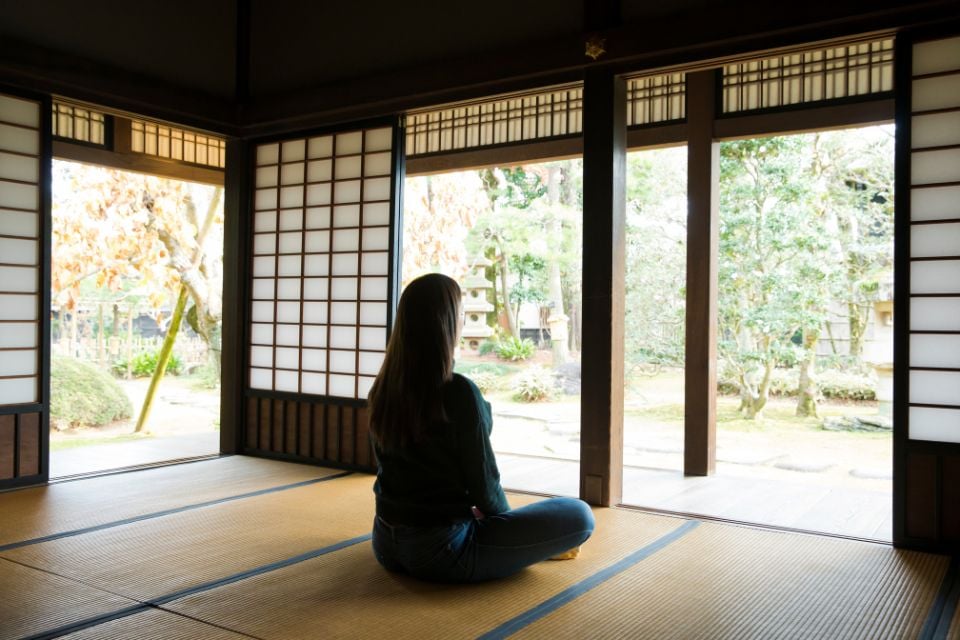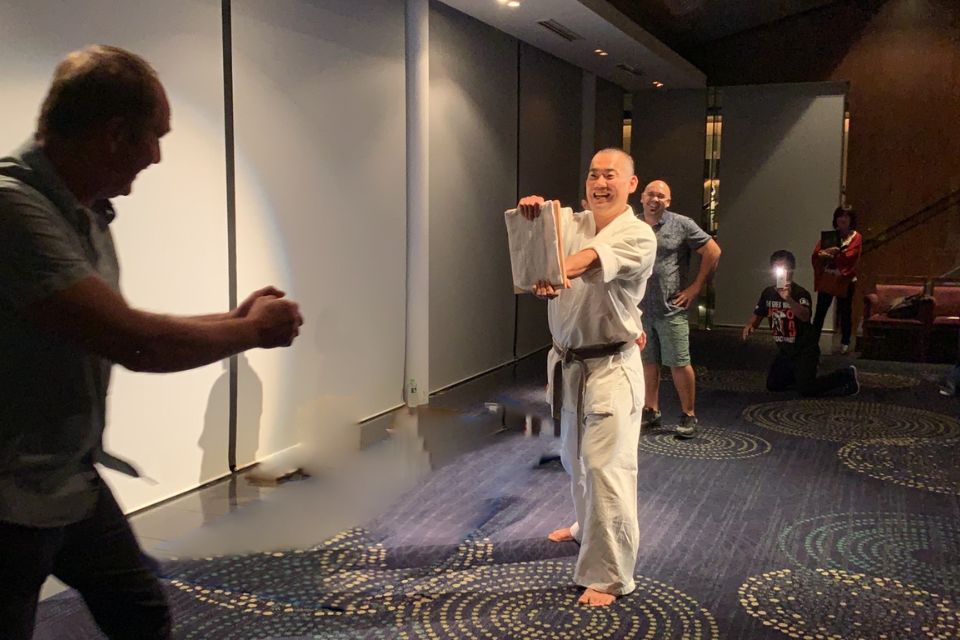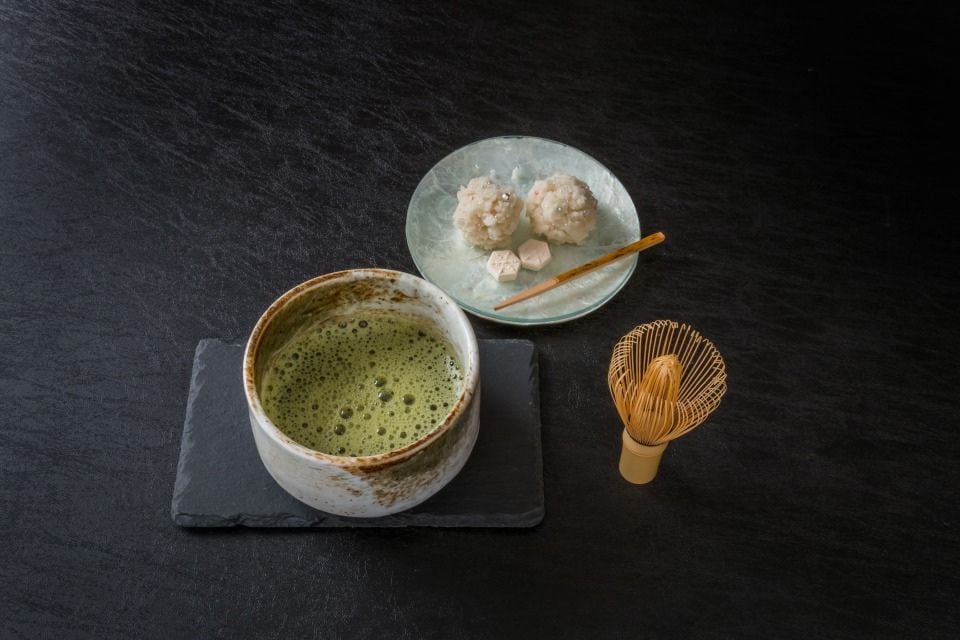The power to overcome cultural barriers for your company.
In the rapidly globalizing business world, it is essential to collaborate beyond cultural and value differences. Our training program nurtures globally competent professionals through Japan’s traditional culture. We support the development of individuals with teamwork skills, international mutual understanding, a broad perspective, and strong communication abilities.


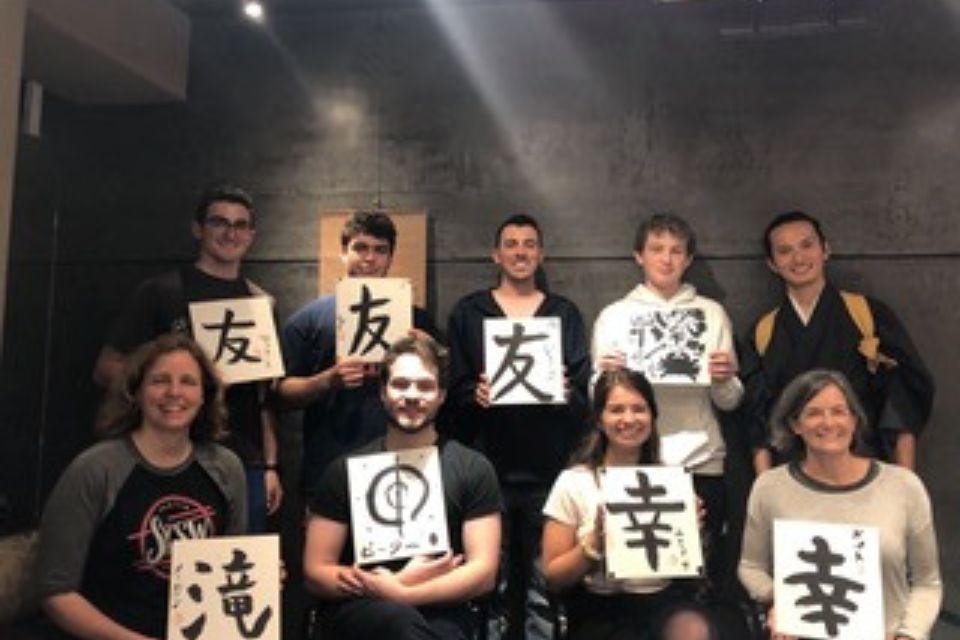
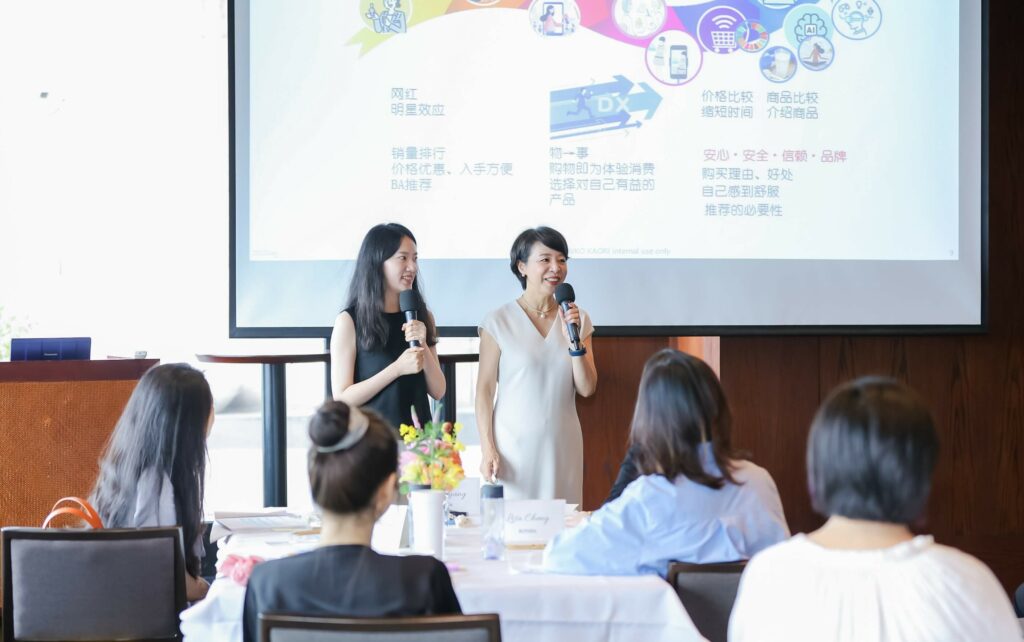
What is MOTENAS JAPAN’s corporate training program?

In recent years, global companies need the following more and more
- Effective communication and quick information sharing
- Building organizations using diversity
- Planning and creative skills useful in global business
To meet these needs, we offer a corporate training program that uses Japan’s traditional culture. We aim to develop people who understand international cultures and diversity, and can perform their work smoothly.
Purpose of the corporate training program
#1 Increased global planning skills
≪ Improving skills to communicate and suggest ideas ≫
You will learn how to use Japanese culture to help you communicate better and lead your team. It also teaches you how to come up with good ideas using different viewpoints.
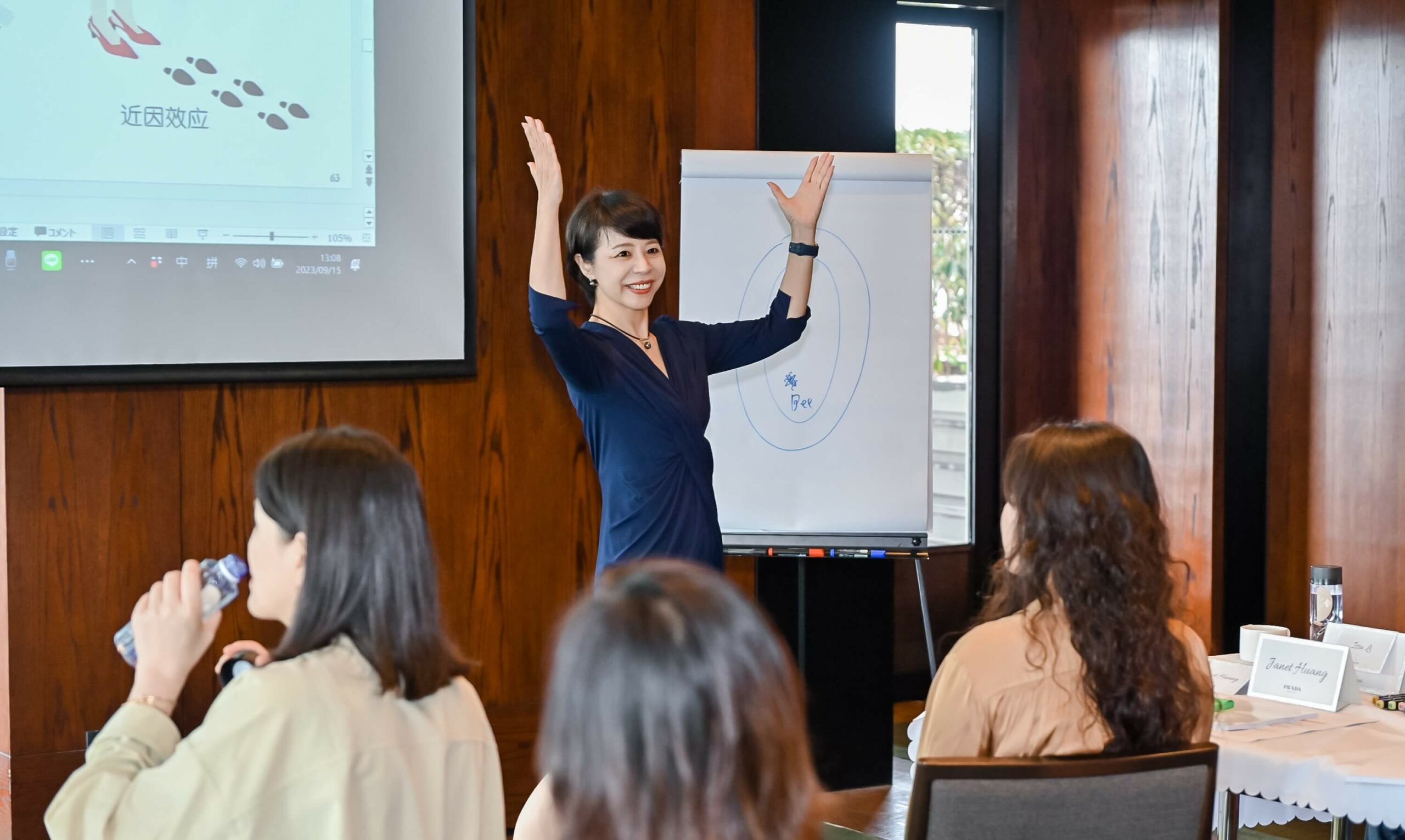
#2 Team Building
≪ Better communication and stronger teamwork ≫
Through experiencing Japanese culture, teams with members from many countries will improve their communication, understand each other better, and build stronger teamwork.

#3 Understanding cultures by experiencing them
≪ Understanding and sharing Japanese culture ≫
Japanese employees will learn more about their own culture, and foreign employees will also understand and value it by experiencing Japanese craftsmanship and traditions. You will also learn about the good points and differences of other cultures.
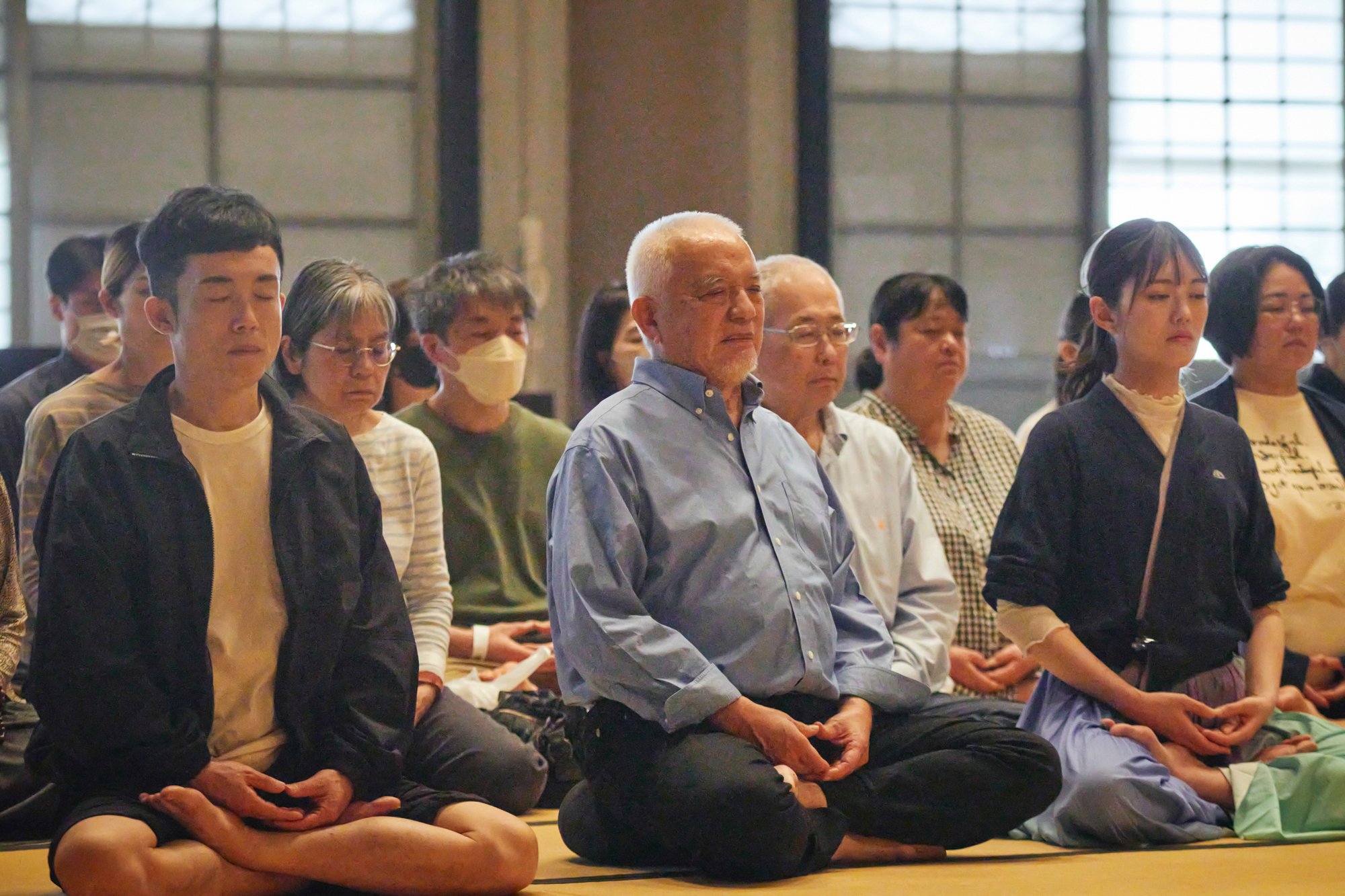
#4 Sharing Japanese knowledge in easy words
≪ Making Japanese skills clear and easy ≫
You will learn methods to clearly explain Japanese skills and ideas that are difficult to express with words. The program helps you change these special skills into clear knowledge anyone can understand.
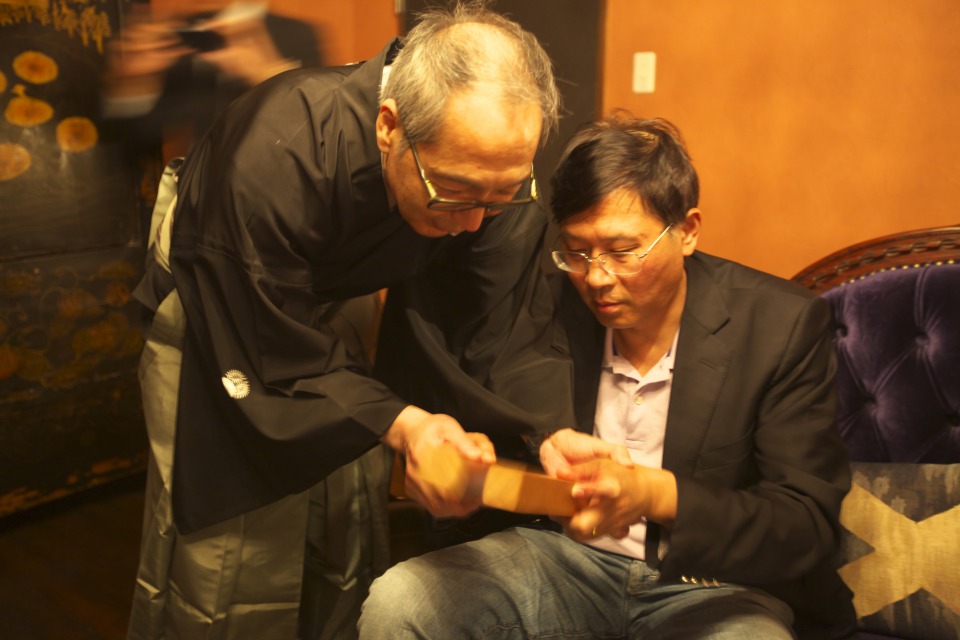
Program Content and Examples
Program Overview
This program spans two days, allowing participants to experience traditional Japanese culture and craftsmanship while developing essential business skills such as focus, creativity, leadership, and cross-cultural understanding.
Zen Meditation: Enhancing Focus and Mental Strength
◇ Introduction
Through a Zen meditation experience at a temple, participants cultivate mental tranquility and concentration. The resident monk provides a lecture on Japanese spiritual culture.
Kabuki Experience: Aesthetics and Expressive Skills in Traditional Performing Arts
◇ Introduction
Participants engage with Kabuki to learn about the aesthetics and expressive techniques of Japanese culture. Understanding its creative thought processes and cultural significance enhances the foundation for cross-cultural understanding applicable in global business.
Karate Experience: Leadership and Self-Discipline
◇ Introduction
Participants learn the etiquette and forms (型,kata) of karate, fostering leadership and self-discipline. The experience of breaking wooden boards helps them grasp the importance of challenge and achievement.
Sample schedule (For 2 Days)
Day 1
- Program overview and participant introductions
- Learning mental unification and improving concentration
- Learning the spirit and etiquette of the tea ceremony and understanding the heart of hospitality
- Live cooking demonstration by a chef at a high-end restaurant
- Team-based cooking experience and group lunch
- Fragrance blending experience under the guidance of a professional perfumer
- Making original wind chimes under the Creating custom wind chimes under the guidance of a skilled artisan
Day 2
- Lecture on the history and culture of Kabuki
- Kabuki performance with a high-end restaurant lunch
- Experiencing Kabuki makeup, costumes, and performance techniques
- Lecture on Karate etiquette and forms (型,kata)
- Board-breaking experience under professional instruction
Program Overview
This program utilizes two iconic elements of Japanese culture—tea ceremony and Japanese confectionery making—to expand participants’ international perspective. The goal is to enhance communication and planning skills required in the global business scene.
Additionally, the program aims to deepen cross-cultural understanding and promote team building among participants.
Tea Ceremony Experience: Strengthening Cross-Cultural Understanding and Communication
◇ Introduction
A brief introduction to the history and etiquette of the tea ceremony. Participants learn about the philosophy of “Wa-Kei-Sei-Jaku” (harmony, respect, purity, and tranquility), emphasizing the importance of cross-cultural understanding.
◇ Practical Experience
Under the guidance of a professional tea master, participants learn the proper manners of the tea ceremony while experiencing the significance of attentiveness and thoughtfulness.
Japanese Confectionery Making: Enhancing Creativity and Team Building
◇ Introduction
An overview of the history and cultural significance of Japanese confectionery. Participants explore the continuous evolution of traditional sweets, learning about their creativity and depth.
◇ Practical Experience
Under the guidance of a professional confectioner, participants create Japanese sweets. They work in teams, brainstorming unique ideas and crafting sweets inspired by seasonal themes.
Sample schedule (1-Day Program)
- Program overview and goal sharing
- Participant self-introductions and ice-breaking activities
- Introduction (History and philosophy of tea ceremony)
- Hands-on tea ceremony practice
- Discussion and feedback session
- Japanese cuisine-themed lunch
- Introduction (Cultural significance of Japanese confectionery)
- Hands-on confectionery making in teams
- Team presentations on their creations
- Sharing insights and learnings from the experience
- Discussion on cross-cultural understanding and teamwork
- Summary of the day and business applications
- Providing feedback and setting action plans for future growth
Program Overview
This program focuses on two traditional Japanese arts—calligraphy and flower arrangement—to develop concentration, teamwork, aesthetic sense, and cross-cultural understanding, all of which are essential in the global business environment.
Additionally, participants practice explaining technical skills and cultural backgrounds in a way that is easy for non-Japanese individuals to understand, enhancing global communication and articulation skills.
Calligraphy Experience: Strengthening Team Building and Concentration
◇ Introduction
A brief explanation of the history and significance of calligraphy in Japanese culture. Participants experience Japan’s aesthetic sense and philosophy through calligraphy.
◇ Practical experience and team competition
Under the guidance of a professional calligrapher, participants learn fundamental brush techniques and experience the beauty of calligraphy. They then engage in a team-based creative lettering competition to enhance creativity and teamwork.
Flower Arrangement Experience: Strengthening Cross-Cultural Understanding and Articulation Skills
◇ Introduction
A lesson on the history and philosophy behind flower arrangement. Participants learn how flower selection and placement reflect meaning and harmony, gaining insights into adaptability and awareness in business.
◇ Hands-on Experience
Participants arrange flowers under professional instruction. Each participant articulates the intention behind their creation, improving cross-cultural communication and articulation skills.
◇Collaboration Workshop
Participants combine calligraphy and flower arrangement in team projects. Each team presents their collaborative work, receiving feedback on their integration of different cultural aesthetics.
Sample schedule (1-Day Program)
- Program objectives and goal sharing
- Participant introductions and team formation
- Introduction (History and philosophy of calligraphy)
- Hands-on calligraphy practice
- Team-based “Creative Lettering Contest”
- Introduction (Selection of flowers and vases, meaning behind placements)
- Hands-on flower arrangement and articulation of artistic intent
- Lunch overlooking a Japanese garden
- Free discussion about experiences
- Light exercise and meditation for mental reset
- Teams create works combining calligraphy and flower arrangement
- Presentation and feedback, emphasizing articulation skills
- Overall reflection and key takeaways
- Developing practical applications for business
- Providing feedback and discussing future initiatives
Training Program in Action
Recommended for
- There is little interaction between Japanese and foreign employees.
- Our employees to have a global perspective.
- To improve communication skills.
- Strong planning skills to stay competitive.
- To cultivate empathy for others.

About Fees
Our training program is fully customized to meet the specific needs of each company.
Therefore, the cost of each program is determined based on the following factors.
We provide quotes tailored to your requests, so please feel free to contact us.
- Number of participants
Since the group size and instructor allocation change depending on the number of participants, the fees are adjusted accordingly. - Program Content
The cost varies depending on the content of the program and the degree of customization.
If you request additional experiences or specialized workshops, extra charges may apply. - Training Program Duration
The fee structure depends on the duration of the program, ranging from short-term (one day to several weeks) to long-term (approximately six months to one year).
- One-Day Experience Course:
A single-day program designed to provide a refreshing and inspiring experience.
Ideal for meetings or incentive trips that bring together staff from overseas. - Short-Term Intensive Course:
A 2- to 5-day program that allows participants to learn intensively through various cultural experiences.
Effective for team building and enhancing communication among staff. - Mid-to-Long-Term Training Course:
A program lasting approximately six months to one year, offering continuous Japanese cultural experiences.


